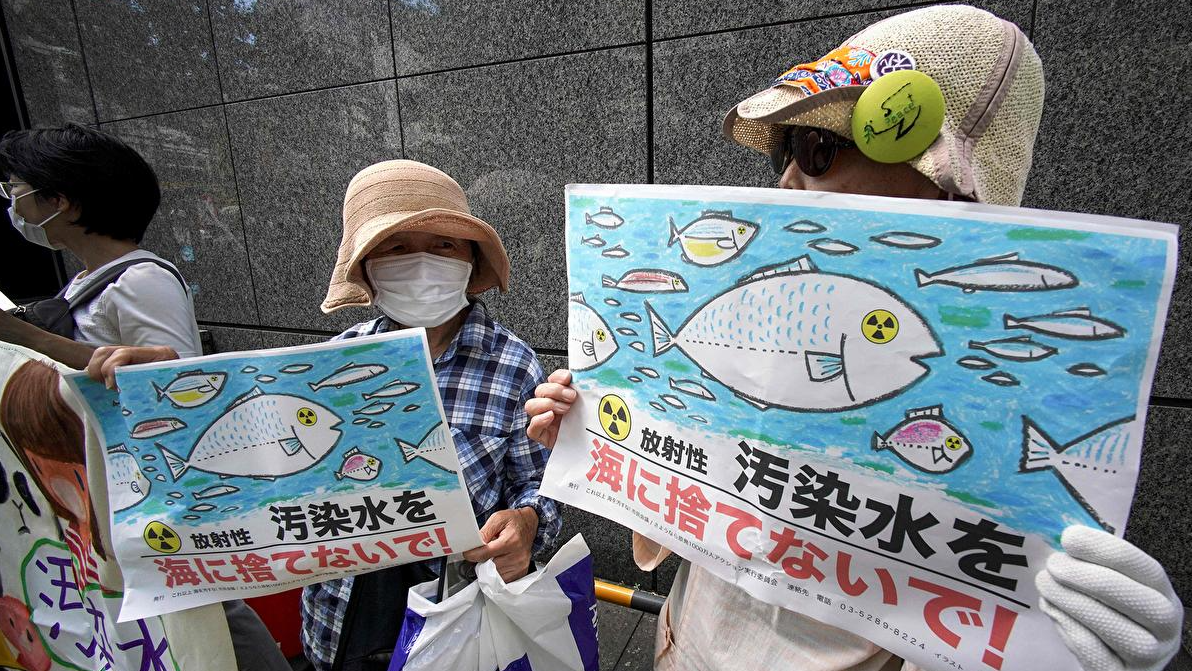
The Foreign Ministry confirmed on Monday that China has conditionally resumed the import of aquatic products from some regions of Japan in accordance with Chinese laws and regulations and international trade rules, and based on scientific evidence and prudent analysis and research.
The General Administration of Customs of China issued an announcement on Sunday, saying that China was immediately resuming the import of seafood products from some Japanese regions.
Speaking at a daily news briefing, Foreign Ministry spokeswoman Mao Ning said that regulatory authorities will continue to strengthen measures to ensure food safety.
She emphasized that if any risks are found, necessary import restrictions will be taken immediately in accordance with the law.
ALSO READ: China completes testing of Fukushima seawater
Under the strong demand of China and the international community, Japan has accepted international monitoring of the discharge of Fukushima nuclear contaminated water into the sea and independent sampling monitoring by China. In addition, it has also promised to ensure the continuous conduct of monitoring activities, Mao said.
On that basis, China and Japan have held several rounds of consultations and Japan has promised to take a series of credible and visible measures to ensure the quality and safety of aquatic products exported to China and to strengthen supervision, she added.
When asked whether the resumption of Japanese aquatic products import mean that China recognizes the safety of the discharge of Fukushima nuclear contaminated water, Mao said that China's stance against the ocean discharge remains unchanged.
China will continue to work together with the international community to urge Japan to honor its commitments and effectively control the risks associated with the discharge, she added.


